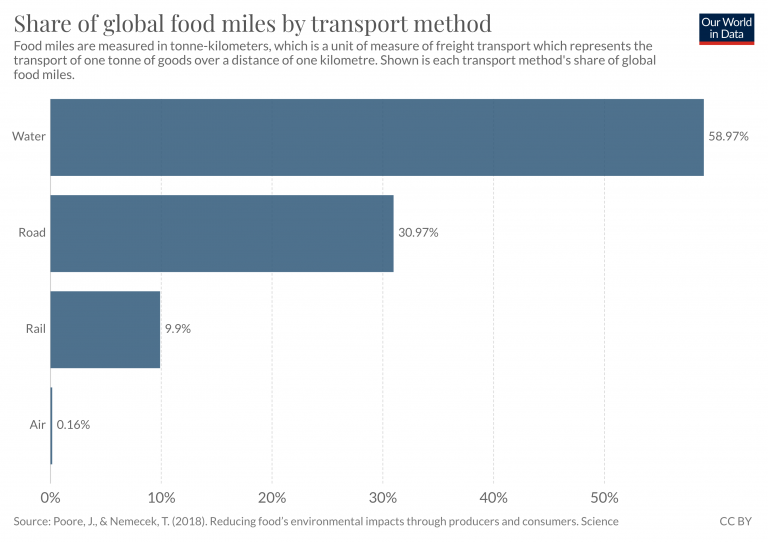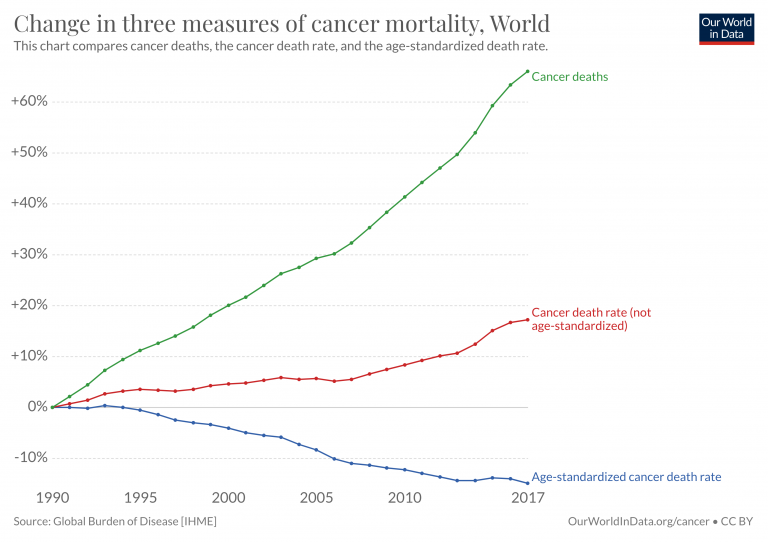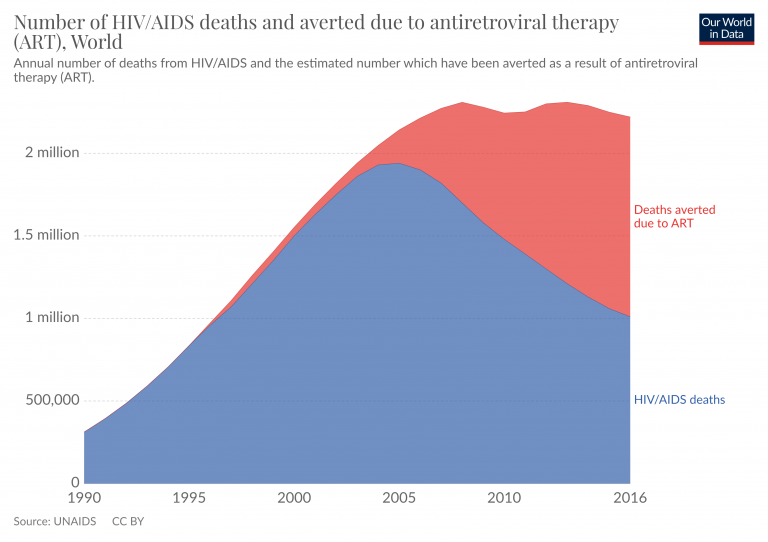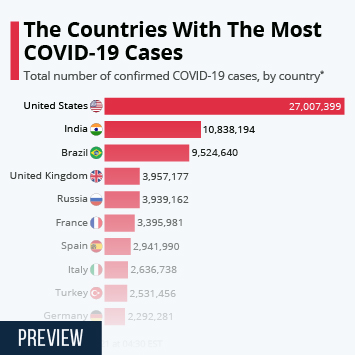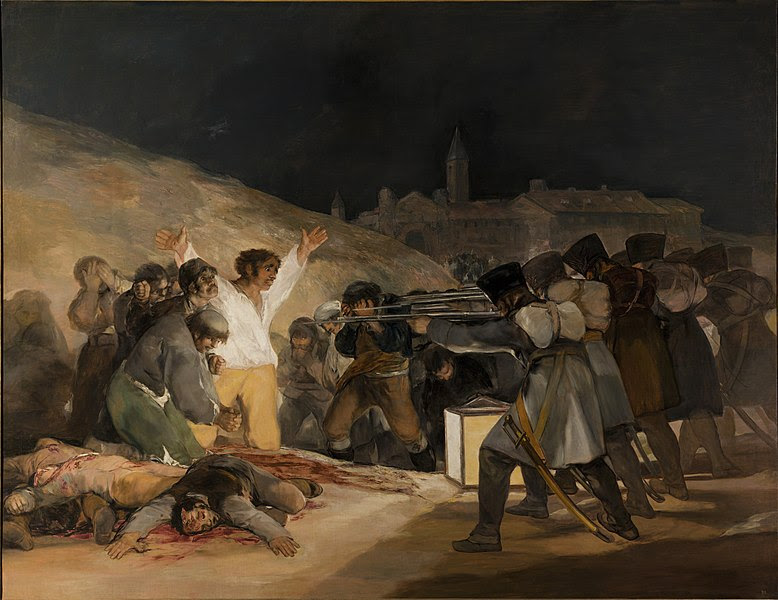I saw the different things you did,
But always you yourself you hid.
I felt you push, I heard you call,
I could not see yourself at all
--Robert Louis Stevenson "The Wind"
Pentecost
Today is Pentecost:
"Peace be with you.
As the Father has sent me, so I send you."
And when he had said this, he breathed on them and said to them,
"Receive the Holy Spirit.
Whose sins you forgive are forgiven them,
and whose sins you retain are retained."
This is the declaration and the charge of Pentecost, really the beginning of the organized Christian Church.
"Pentecost" literally means 50th. It is of Old Testament origin, a feast celebrated on the 50th day after the Passover feast by the Jews, and it is a feast celebrated on the 50th day after the feast of the Resurrection of Jesus by the Christians. The Jewish Pentecost was originally a post-harvest thanksgiving feast. In early England, because of its association with baptisms and the white garments, it became "Whit Sunday."
The agent of this event, the agent that infuses spiritual and evangelical life into the apostles and the subsequent Church, is The Holy Spirit--a happy improvement of The Holy Ghost of my childhood, a name that was unfortunately spooky. For that is exactly what the Holy Spirit is not.
The Spirit is the Paraclete, a Greek word that is translated as Counselor, Comforter, Helper, Encourager, or Enabler. The phrase associated with the Holy Spirit is "wind," or "breath." It is supposed to be life-giving, a wind without destructive power.
So at Pentecost, the apostles--and the Church--receive an infusion of life and a mission of evangelism, both hinged to a principle new to the world: forgiveness.
HIS LITANY TO THE HOLY SPIRIT.
by Robert Herrick
IN the hour of my distress,
When temptations me oppress,
And when I my sins confess,
Sweet Spirit, comfort me !
When I lie within my bed,
Sick in heart and sick in head,
And with doubts discomforted,
Sweet Spirit, comfort me !
When the house doth sigh and weep,
And the world is drown'd in sleep,
Yet mine eyes the watch do keep,
Sweet Spirit, comfort me !
When the artless doctor sees
No one hope, but on his fees,
And his skill runs on the lees,
Sweet Spirit, comfort me !
When his potion and his pill
Has, or none, or little skill,
Meet for nothing, but to kill ;
Sweet Spirit, comfort me !
When the passing bell doth toll,
And the furies in a shoal
Come to fright a parting soul,
Sweet Spirit, comfort me !
When the tapers now burn blue,
And the comforters are few,
And that number more than true,
Sweet Spirit, comfort me !
When the priest his last hath prayed,
And I nod to what is said,
'Cause my speech is now decayed,
Sweet Spirit, comfort me !
When, God knows, I'm toss'd about,
Either with despair, or doubt ;
Yet before the glass be out,
Sweet Spirit, comfort me !
When the tempter me pursu'th
With the sins of all my youth,
And half damns me with untruth,
Sweet Spirit, comfort me !
When the flames and hellish cries
Fright mine ears, and fright mine eyes,
And all terrors me surprise,
Sweet Spirit, comfort me !
When the judgment is reveal'd,
And that open'd which was seal'd,
When to Thee I have appeal'd,
Sweet Spirit, comfort me !

